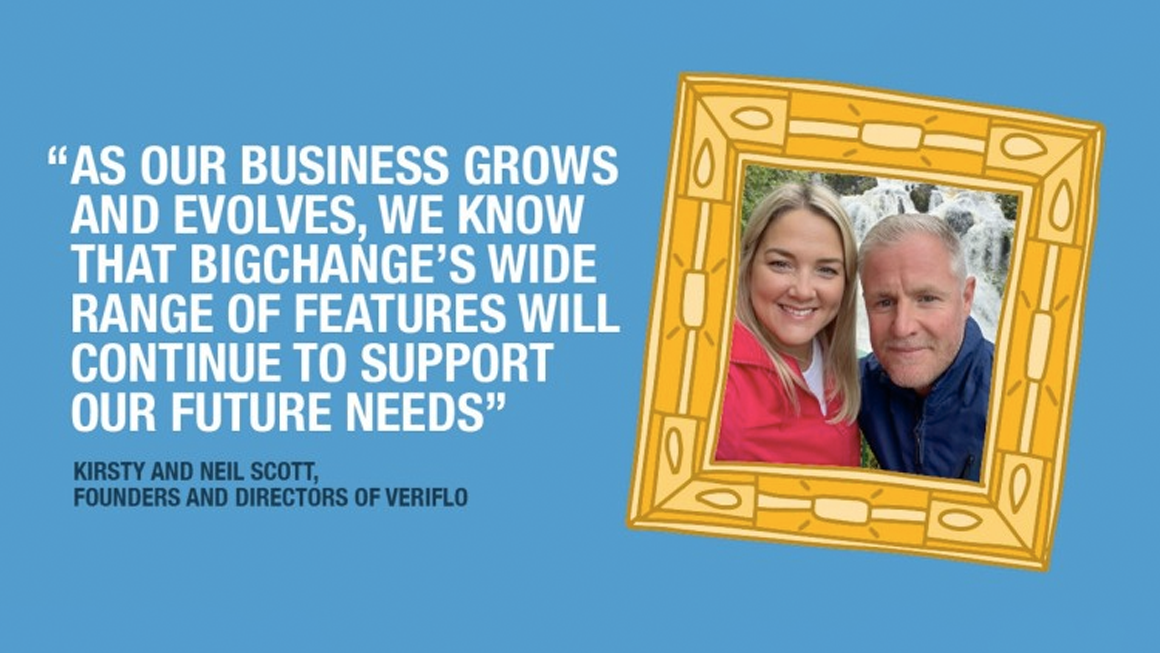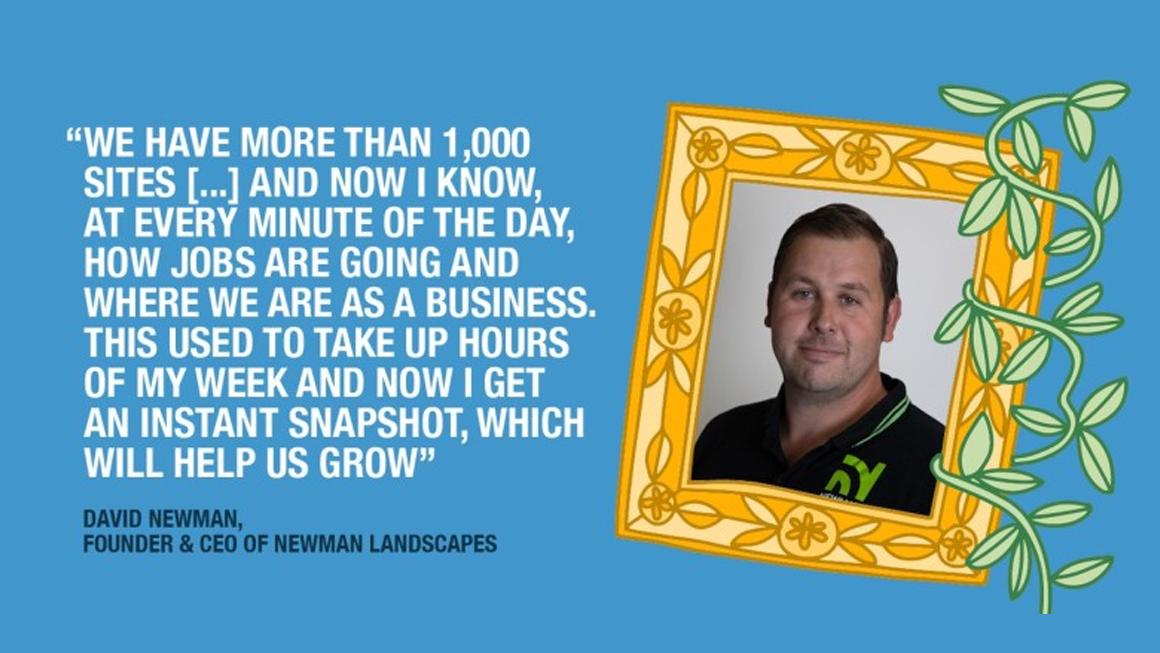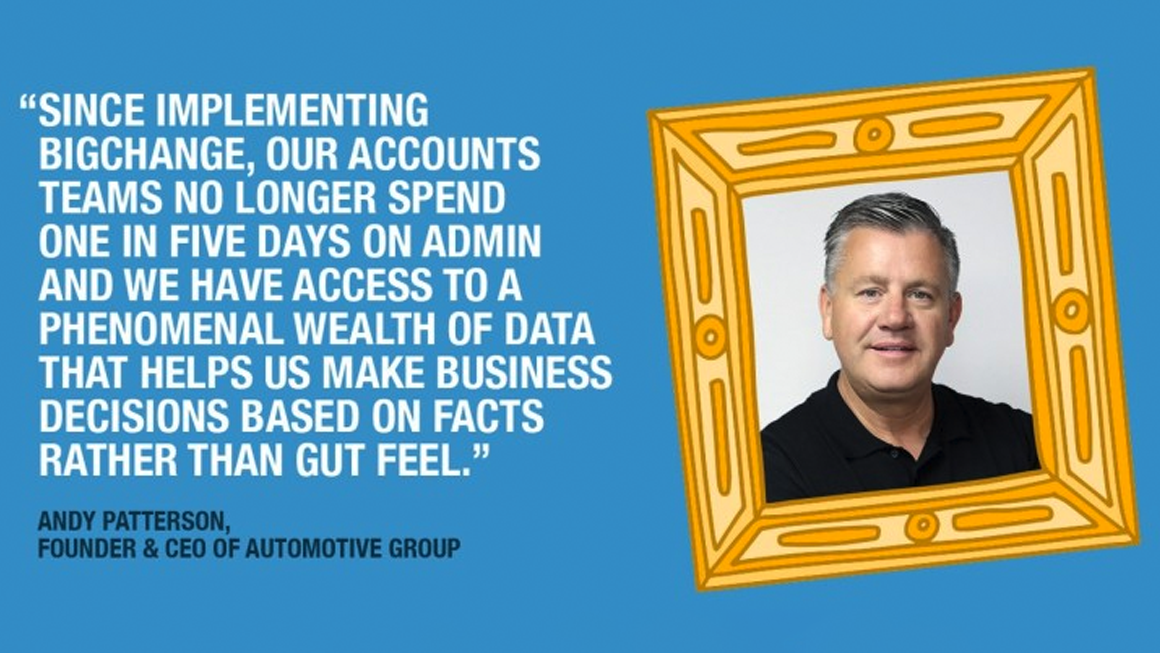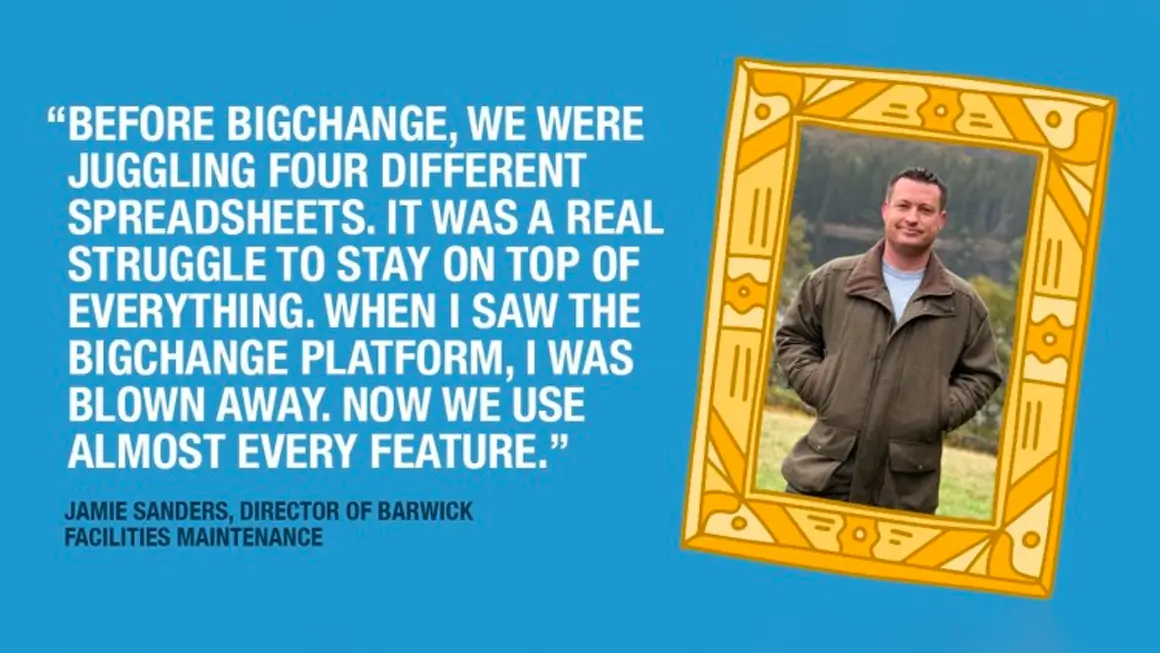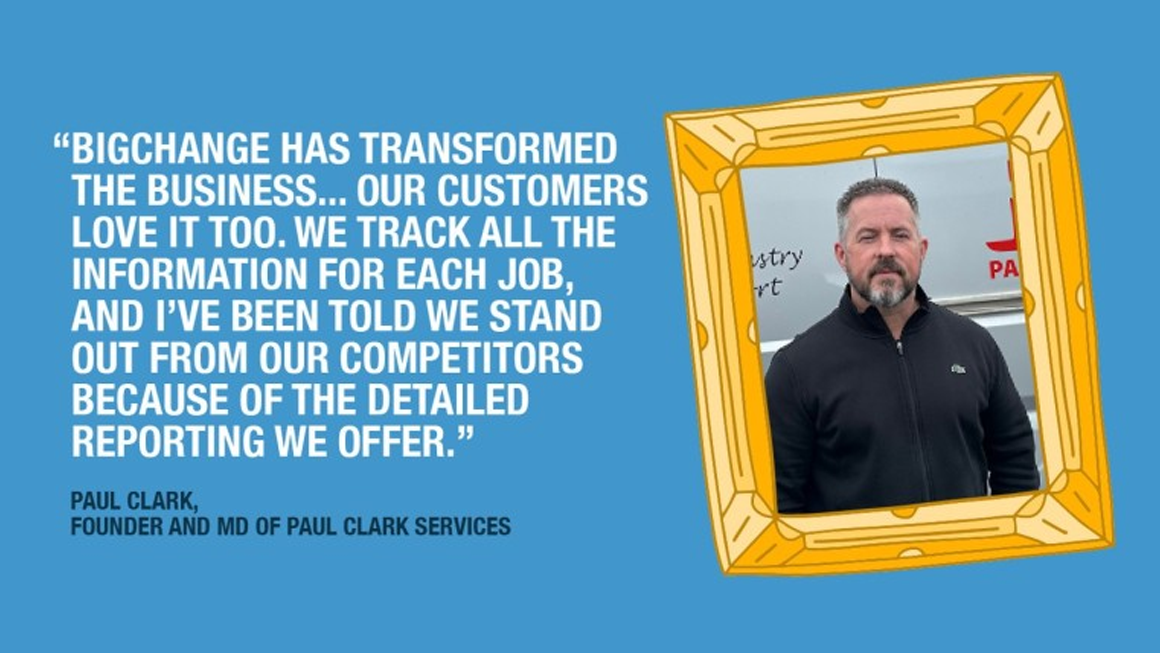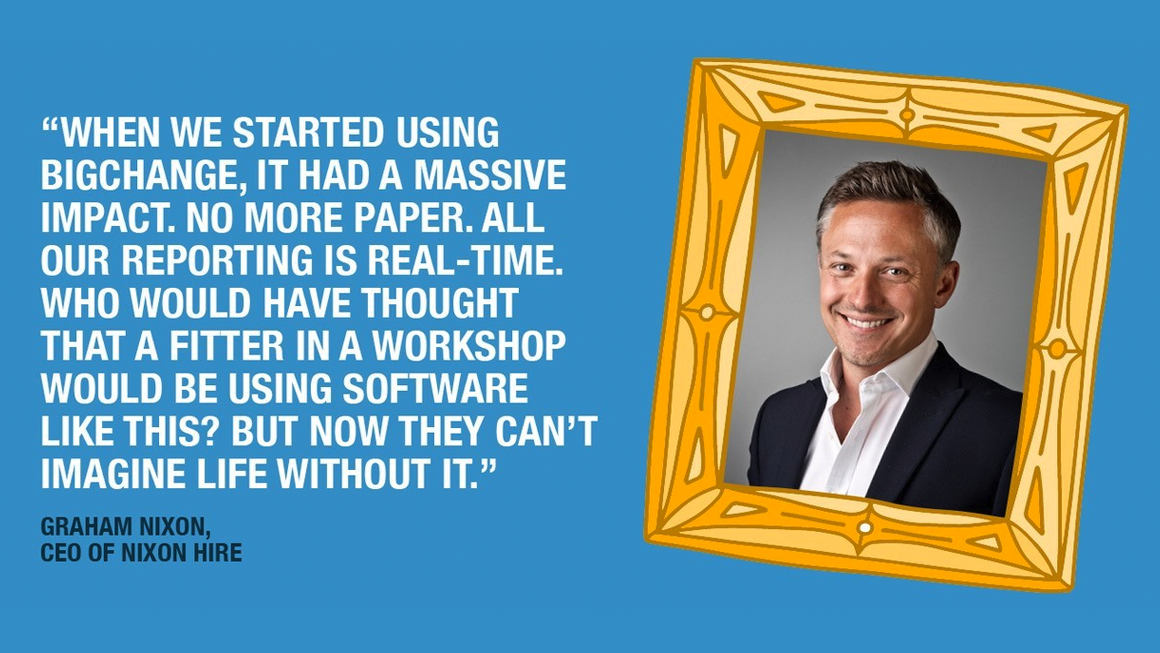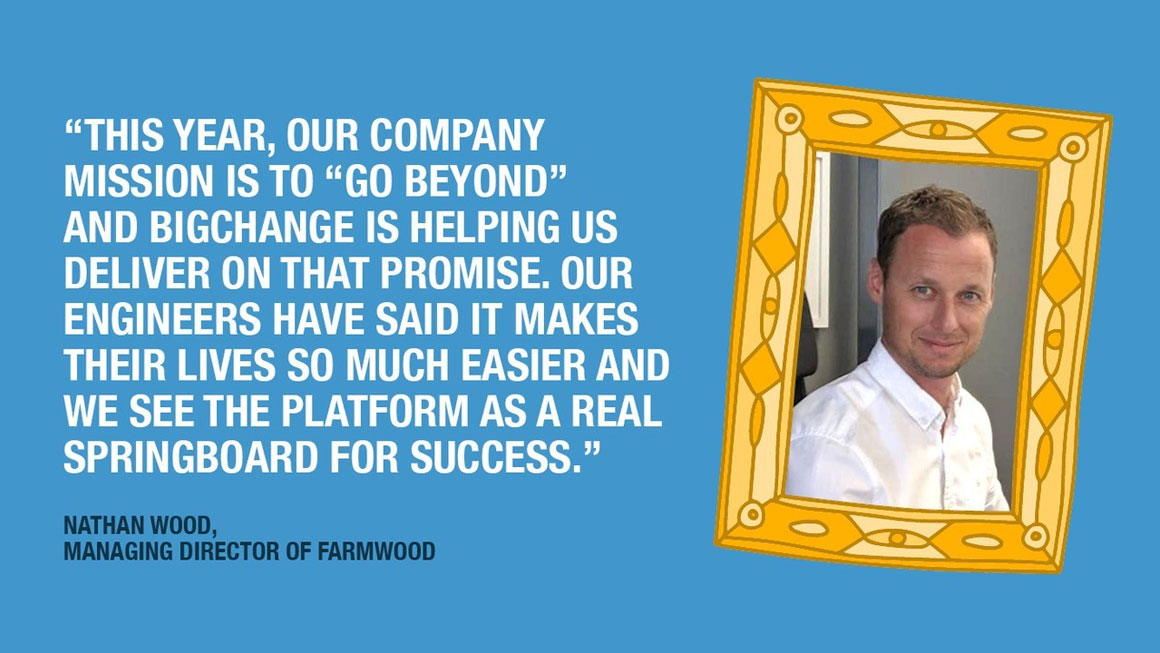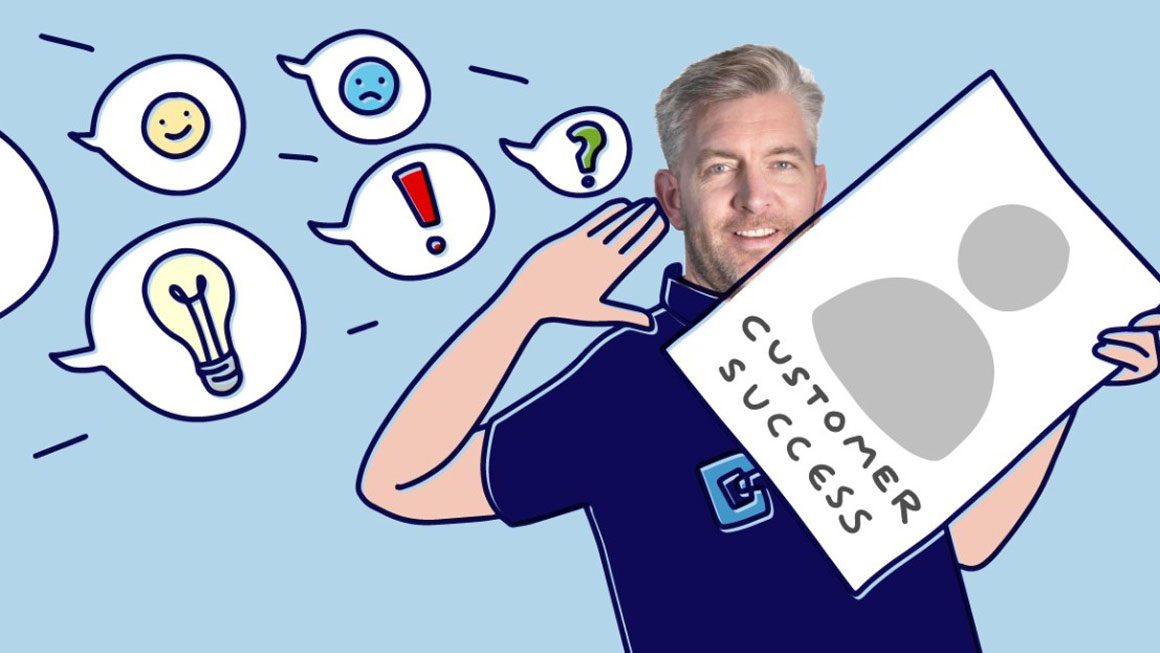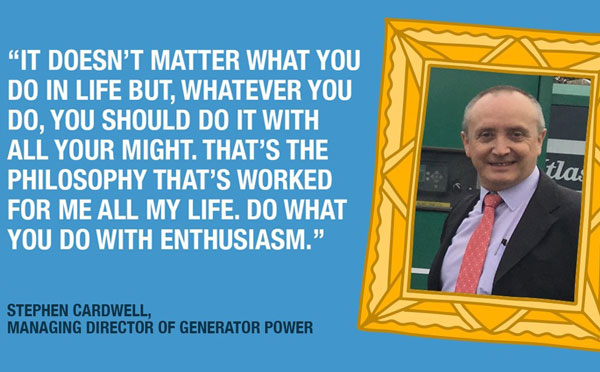The best businesses are borne out of necessity. Perhaps there’s a customer need that cannot be ignored, or it could be a personal imperative.
The latter was true for Kirsty and Neil Scott, the husband-and-wife team behind Veriflo.
In 2015, they sat at their dining room table and tried to imagine a better future. Parents to two children under two – the youngest was just four months old – they saw a gap in the market and took a leap of faith with a new business.
Together, they thrashed out a plan for Veriflo, building on their skills and experience. “We started the business in June, and I kept my job going,” Kirsty tells me. “By December, we were both working full-time for the business.”
Neil, whose background was in the water industry, provided the technical expertise, while Kirsty, the problem solver, and a fast learner, would manage the business and its culture. Eight years on, their strategic and technical clean water consultancy is the trusted partner for some of the UK’s largest water companies, serving London and the South.
From major complex infrastructure programmes to everyday maintenance of the water network, Kirsty, Neil, and their 34-strong team ensure that people’s access to clean water supply remains uninterrupted.
This is a niche industry and skills are hard to come by, so Kirsty and Neil have come up with their own solutions for creating a talent pipeline. Their apprenticeship scheme welcomes cohorts of up to five young people at a time, while their sister company, Gold Tap Training (www.goldtaptrainig.co.uk ), helps to upskill and develop both their own staff and technicians working in the wider industry.
“We have invested in skills by building our own custom-made above-ground water rig, so that technicians can learn the practical skills they will need on the job,” Kirsty explains.
At Veriflo (veriflo.co.uk), the team is dedicated to ensuring their clients get an unbeatable service, while maintaining a first-class safety record and preserving essential skills. Kirsty and Neil brought on BigChange to help support fleet management and planning, so that they can concentrate on complex projects while our platform takes care of the paperwork.
Kirsty says: “BigChange gave us the practical support we needed to ensure our fleet is as efficient as it can be, and as our business grows and evolves, we know that BigChange’s wide range of features will continue to support our future requirements.”
Kirsty and Neil, who have been together 22 years, have carefully carved out their responsibilities within the business, which helps to avoid friction. “We had two rules when we started out,” says Kirsty. “We’ll never use our house as collateral, and we won’t let the business get in the way of our marriage. That first rule has been easy to follow but the second is sometimes a challenge. Having very clear roles within the business helps us to support each other and avoid friction.”
Veriflo has evolved into a strategic expert, both from a desktop and field aspect, taking on the jobs that require skills that the water sector really needs. “In the early days, we said yes to everything,” says Kirsty. “But these days, we have learned to be more selective, and only take on the projects that really fit our skills and company ethos, as well as providing our clients with reassurance of our delivery.”
They are confident about the future, and the impact Veriflo can make on the industry. “When we think about the future of this business, we aren’t trying to hit a number, in terms of people or turnover. Instead, we are focused on performance, developing industry skills, and ensuring that Veriflo remains a great place to work for our people.”

